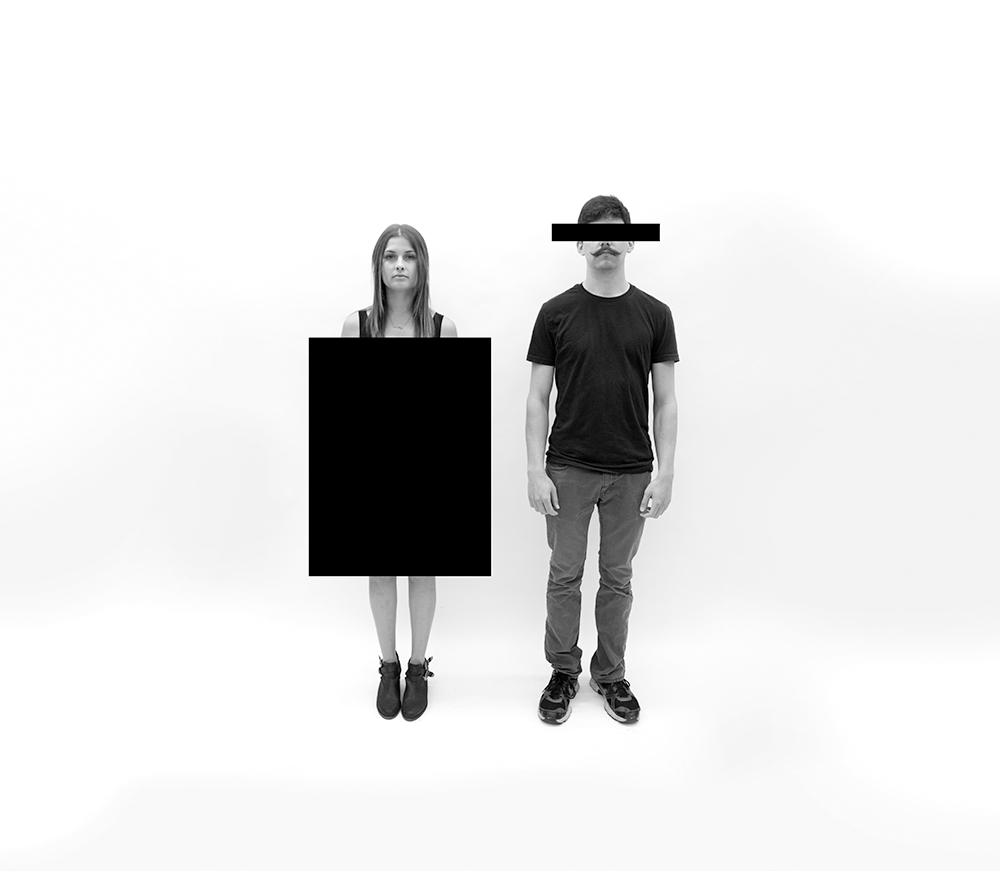“Can you kneel before the King and say I’m clean?” Marcus of indie folk band Mumford & Sons mournfully croons in their song “White Blank Page.”
Can you?
If you’re an evangelical, chances are you cannot. And it is not your fault. Let us name it for what it is — systemic, psychoemotional sexual abuse.
Our pastors emphasized purity so pervasively that we internalized the metaphor: If I have sex, it affects my being, my essence.
Neither Mumford nor us kids feel like we can kneel before the King and say, “I’m clean,” even if we wait til our wedding night.
Modesty culture told us that our bodies and our clothes were responsible for other people’s sins. So the girls wore tank tops over their swimsuits and men were left with nagging fears about their shirtless bodies.
And it was thick and painful and fierce. A tragedy.
Tina Schermer, director of the Medical Family Therapy Program and instructor of marriage and family therapy at Seattle Pacific University did research after noticing “more and more amounts of sexual shame, of religious sexual shame … horrendous amounts.” She discovered something beyond shocking.
“The self-loathing that people were feeling and describing about themselves really paralleled the kind of self-loathing that you often see with somebody who’s experienced childhood sexual assault,” said Sellers at the The Sexuality and Spirituality Forum at the The Seattle School of Theology & Psychology in April 2012.
Most likely if you are an evangelical, you are recovering from the amount of sexual trauma of someone who was sexually abused as a child.
And beneath it all, you loathe yourself to the core.
If you go to the Biola Counseling Center and you do not know why, I am here to tell you, you are not alone. You were abused as a child by a religious system that inflicted deep harm.
I went on the horrific journey of healing, the seven months of counseling, the literal constant panic attacks when I saw a beautiful woman, the OCD diagnosis, the mild depression diagnosis. I have taken the Xanax, the Zoloft. I have had the long, arduous conversations with my baffled missionary parents.
Finally, as a 23-year-old man, I’m stepping into freedom.
I’ve kissed a couple girls on dates, been unafraid of extended intimate hugs, given myself space and time to get to know godly women with no rush.
And, let me tell you, the questions will come — What about sex before marriage? Can you use tongue when kissing? Are bikinis the root of all evil?
We need to ask these questions as a community and discover God’s answers through the narratives in scripture, instead from a place of shame.
Seek to understand the effects of childhood sexual abuse. Take the time to do research. Find a friend or counselor to speak with as you come to terms with your experiences. While certainly some differences exist between psychoemotional abuse and physical abuse, the evidence suggests that the aftermath is analogous.
I hope that you will be able to see your sexual self as beautiful, fierce, and in need. Cry with the few friends your heart trusts. And maybe just ask that person out that has been catching your eye. I imagine Jesus watching us as we struggle through this all, saddened for his deeply sexually abused bride.
Meet us, Jesus. Give us friends who care. We need you. Amen.







